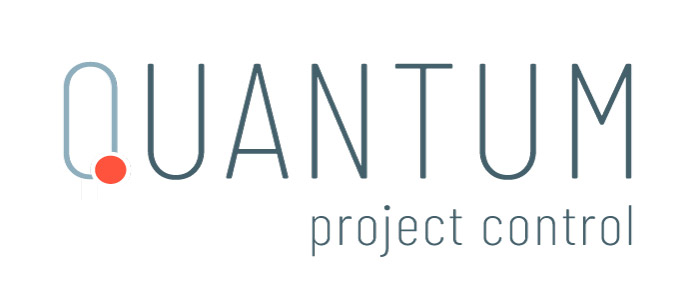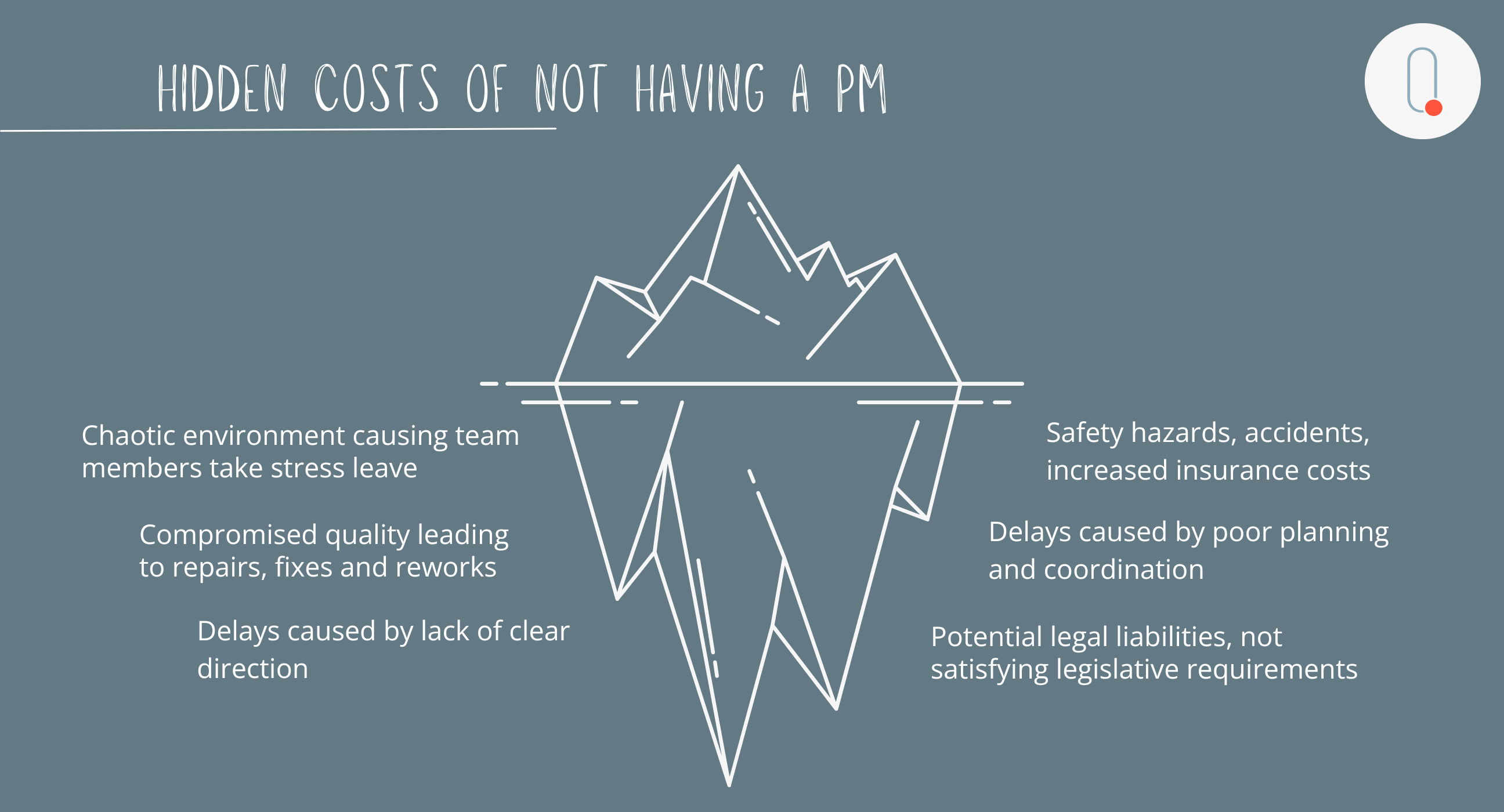Think of a perfect construction project – what do you see?
I like to imagine a well-structured scope of work and a realistic time schedule. A project with clearly defined tasks for every team member, where everyone knows their responsibilities, and all the stakeholders are aware of the progress status.
Seems idyllic? Perhaps. But there with a skilled, proactive PM any project can be brought close to this image. Here’s why your project needs a Construction Project Manager.
What does a Construction Project Manager do?
A Construction Project Manager (PM) handles overseeing the planning, coordination, and execution of a construction project from start to finish while keeping all the relevant stakeholders informed. Their role involves developing detailed project plans and schedules, managing and coordinating the efforts of contractors, subcontractors and other team members, and ensuring the project is carried out according to the scope, the time schedule and within budget.
”In essence, a Construction Project Manager guides a project through its entire life cycle to ensure it is completed efficiently. Investing in a skilled PM make the difference between chaos and success.
On top of that, Project Managers make sure the desired quality standards are maintained throughout the project and they guarantee that all work adheres to safety regulations and building codes. They also ensure that any changes that might happen during the project are accurately assessed, raided with the appropriate stakeholders and factored into the existing project plan once they are processed and approved.
Main responsibilities of a PM
A Construction Project Manager plays a pivotal role in guiding a project through all phases. A PM is the go-to person for the holistic overview of the project and its status. Their responsibilities include:
Project Planning
It is the Project Manager’s responsibility to keep an overview of all the tasks that need to be completed. A PM breaks them down into smaller tasks, making sure that they are allocated with the appropriate priority, delegated to the right members of the team and progressively tracked.
Communication
A Project Manager must be an excellent communicator – it is primarily on them to inform the stakeholders about the progress of the project – even (especially!) if it's encountering challenges. No project will ever go 100% according to the plan, so it’s crucial to have a bold Project Manager that can point out the issues, suggest the solutions and then communicate decisions back to the project team.
Time and Budget Management
When it comes to the budget, a Project Manager is only required to have a general understanding of the project’s finances. The heavy lifting in this case falls onto the Cost Manager, and a PM works in close collaboration with them.
Time management is different though. It is a PM’s job to keep it in check and flag potential threats of project going overtime as well as ensuring that those hazards get accounted for or resolved.
Leadership
And while we’re talking about the team, a PM is often its core. They bring everyone together, ensure the information flow, help distribute the tasks but, at the same time, keep their team motivated and focused. They have their team’s trust and they’re in the best position to help resolve conflicts and clear out any miscommunications that might arise.Time management is different though. It is a PM’s job to keep it in check and flag potential threats of project going overtime as well as ensuring that those hazards get accounted for or resolved.
Risk Management
I’ve mentioned this above, but it’s worth highlighting: a Project Manager is often the first one to identify potential risks. Any issues that might threaten the project’s success need to then be assessed and elevated to all relevant stakeholders. An experienced PM will at this stage already have a mitigating solution (or several) ready to pitch. Once the course of action is decided, it is up to the PM to update the project plan as well as the time schedule and to have the solution implemented.
When can you get by without a Construction Project Manager?
Even the best, most experienced and highly collaborative teams would in most instances benefit greatly from having a skilled PM to consult and advise to help bind the team together. There are, however, a few exceptions.
For small or highly specific tasks where coordination is minimal, a PM might not be necessary. In such cases, the complexity and cost of hiring one might outweigh the benefits. For example, managing a minor repair or a straightforward, single-task project might not require the same level of oversight as a full-scale construction effort. That being said, most significant tasks would generally benefit from having one, even to satisfy compliance requirements alone.
The Hidden Costs of Cutting Corners on Project Management
We know of many projects where an investor tried to save money by not getting a Construction Project Manager. In most cases, that became significantly more costly in the long run. Here are a few reasons why:
- Increased Risk of Delays: Without a PM, projects are significantly more likely to face delays due to poor planning and coordination.
- Quality Compromises: Without proper oversight, the quality of work may suffer, leading to additional expenses for repairs, reworks and corrections, often exceeding the cost of hiring a PM. That is – if the fixes can even be introduced: at times, out of lack of other options, the customer must settle for sub-standard quality.
- Potential safety risks: Ineffective management can result in safety breaches not satisfying legislations and accidents on site. Workers could sustain serious injuries, and as an investor you could be exposed to increased insurance costs, having your construction site shut down and legal ramifications.
- Communication Breakdowns: Critical updates might not reach all team members, causing expensive delays and errors.
- Leadership Confusion: Lack of clear direction can lead to miscommunication and costly mistakes.
Every construction needs a Project Manager
Whether it’s a small-scale renovation or a large commercial build, a Project Manager acts as the glue that holds all aspects of the project together. Their expertise ensures that projects meet their goals efficiently, safely, and cost-effectively.
So, if after all of this, you’re still wondering if you really need a Construction Project Manager, the answer is simple. Yes.



